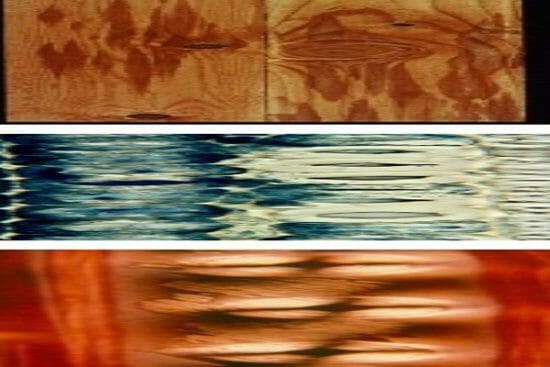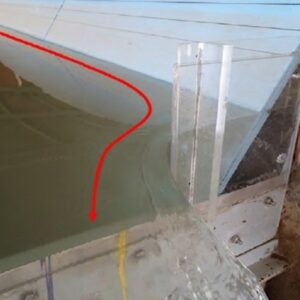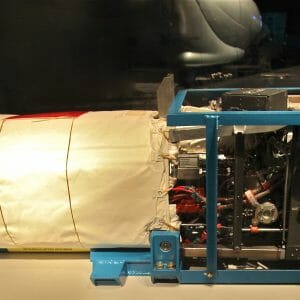E – 1839 Wood Biodeterioration
$25.00
Courses Included
Under proper conditions, wood will provide centuries of service. However, under conditions that permit the development of wood-degrading organisms, wood must be protected. The organisms that can degrade wood are principally fungi, insects, bacteria, and marine borers. Molds, most sapwood stains, and decay are caused by fungi, which are microscopic, thread-like microorganisms that feed on organic material.
Chemical stains, although they are not caused by organisms, are mentioned in this course, since they resemble the stains caused by fungi. Insects also may damage wood and must be taken into consideration when applying protective measures. Termites are the major insect enemy of wood, but on a national scale, they are a less serious threat than fungi.
Wood biodeterioration has been studied extensively. The student will be introduced to the highlights of some of those studies along with some of most well know and widely practiced preventative measures.






